#vampterview
Text

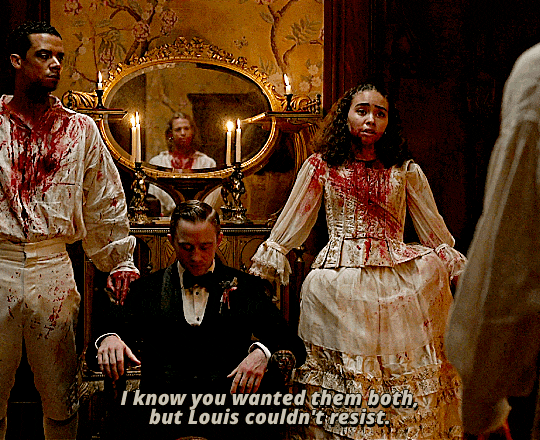



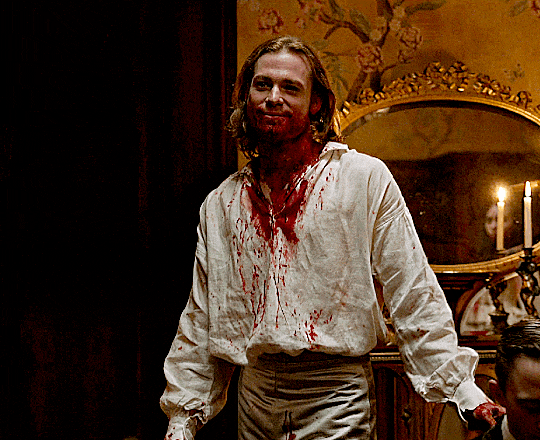
INTERVIEW WITH THE VAMPIRE
1x07 | The Thing Lay Still
Rosemary... and something else.
#iwtvedit#iwtv#interview with the vampire#lestat de lioncourt#louis de pointe du lac#claudia#claudia iwtv#beegifs#vampterview
263 notes
·
View notes
Text
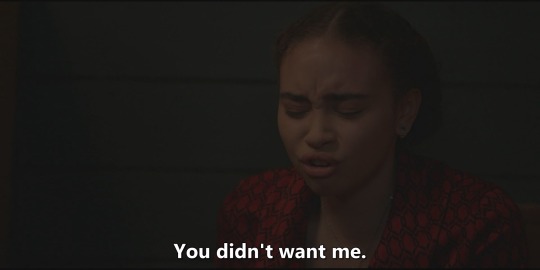


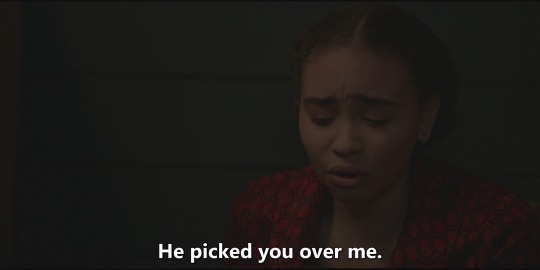

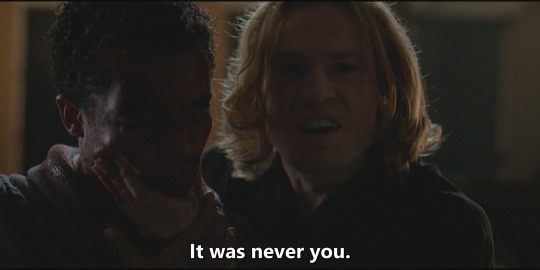


do you ever just scream
378 notes
·
View notes
Text
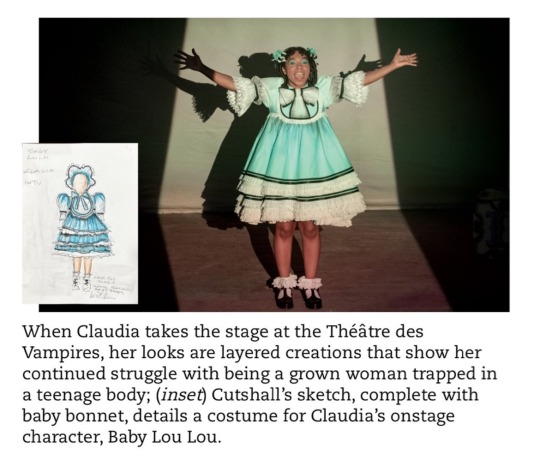
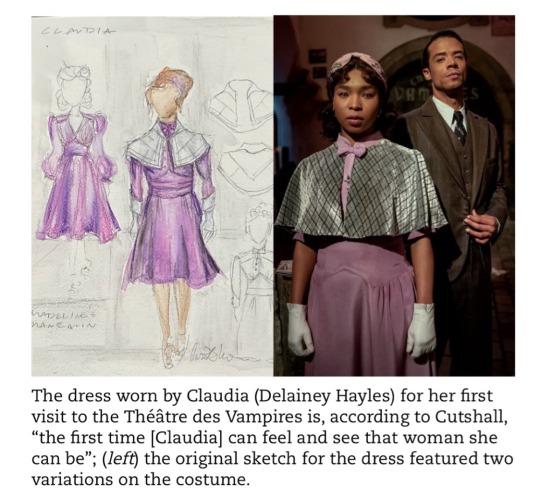
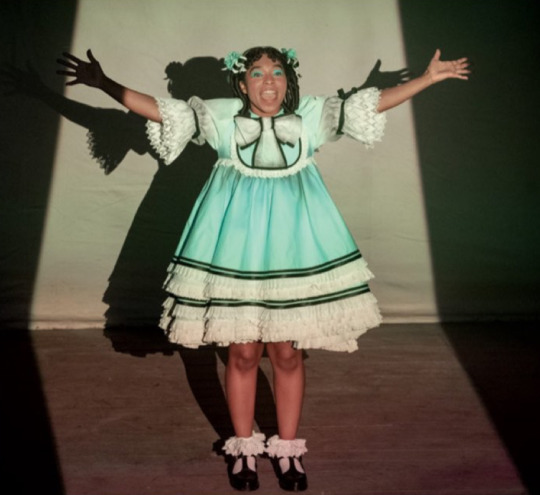
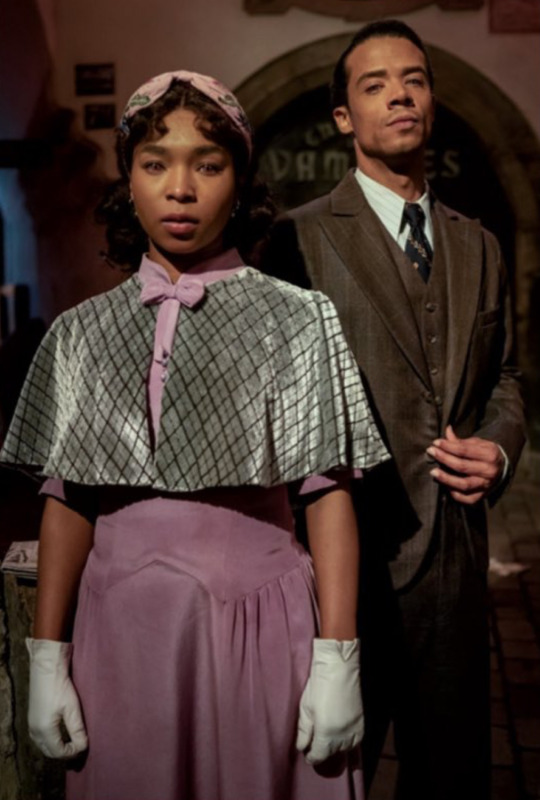
From Emmy Magazine
#amc interview with the vampire#amc iwtv#interview with the vampire#spark in the dark#vampterview#iwtv#claudia iwtv#claudia#louis de pointe du lac#just woah#iwtv s2#interview
183 notes
·
View notes
Text
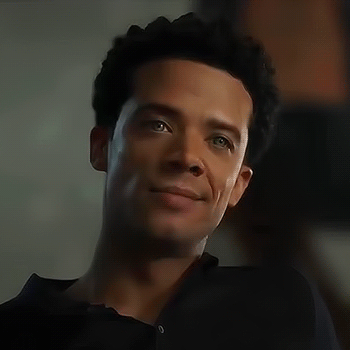
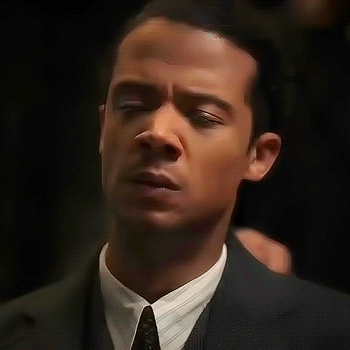
#jacob anderson#vampterview#louis de pointe du lac#ldpdl#the titular vampire#amc iwtv#iwtvedit#my gifs
81 notes
·
View notes
Text
“Louis de Pointe du Lac. That's an interesting name.” “Louis of Pointe du Lac Plantation. My great-great-grandfather owned one. All that remains is the name.”
“And a sizable trust to oversee as a consequence. Capital accrued from plantations of sugar and the blood of men who looked like my great-grandfather but did not have his standing.”
When introducing himself to Daniel both in 1973 and in 2022, Louis alludes to the ways that the legacy of chattel slavery in the United States remains present through his life. The ramifications of this history will be explored further in his interviews; it is intrinsic to the racism that Louis describes experiencing, and it is built into the economic and cultural foundations of the societies that Louis has and continues to navigate through. The way that this subject is broached however, in both the past and present, specifically centres the relationship between slave plantations and Louis’ own affluence.
Daniel’s remark being prefaced by Louis offering to “Get the boy whatever he wants”, before carelessly pushing a platinum credit card between them, implicitly correlates Louis’ response with that ostentatious display of wealth. It is not an intentional association made by the characters, and Louis immediately downplays the link when he recognises it (“All that remains is the name.”). Given his reaction, it seems likely that Louis did not talk about this topic during his subsequent interview with Daniel, though, again, that does not mean it would have had no bearing on other matters discussed. By contrast in the present day, Louis broaches the subject himself and fairly openly acknowledges the correlation. It was a slave plantation and the exploitation of enslaved people that created the sizeable trust that paid for the house and lifestyle that Louis and his family enjoyed. While Louis does not state it directly, the unavoidable implication of Louis clarifying that his great-grandfather was black and had a different social status to that of slaves (“[…] the blood of men who looked like my great-grandfather but did not have his standing.”) is that several generations of Louis’ black relatives have, at least indirectly, financially profited from chattel slavery. It is unlikely that this wealth was all inherited after the fact, considering that the abolition of slavery in the United States occurred only a couple of decades before Louis was born. These pieces of information seem to contradict then the implicit suggestion of Louis’ earlier explanation in 1973, that the only direct bearing the de Pointe du Lac plantation has had on his life is a shared name.
Both the dismissal and the acknowledgement are characteristic of how Louis describes the past; factual as a basic statement but carrying additional implications whose accuracy is more questionable and or left carefully unexamined. This is a rhetorical device that aids Louis in maintaining control of the narrative and its meanings while avoiding, as much as he can, outright lies. While Louis does view Daniel as a necessity for him to revisit his story, it needs to be stated that this does not prevent Louis from consciously and unconsciously tailoring it for his audience. It is possible that Louis only acknowledges the subject at all in the second interview because he is aware that Daniel has likely done some background research on his family. Considering how insensitive to racial issues Daniel can be, as well as his deliberately combative and contrarian approach to interviewing, it may be that this is a subject that Louis does not want to explore with Daniel specifically; it is perhaps notable that the penthouse Louis shares with Armand contains at least two pieces of art (Slave Auction by Jean-Michel Basquiat, and Transformation by Ron Bechet) which are about chattel slavery. Regardless of the reason for Louis’ selectivity, this context continues to hover on the periphery of Louis’ story, adding additional layers of meaning to the events that follow.
It contextualises the contradictory feelings Louis has about his work as a landlord and pimp, roles that may step outside of the shadow of sugarcane and slavery but are only made possible through investing the profits of them. When Louis confesses to the ways he treats his workers, tellingly he invokes plantation imagery with “[…] I lie to myself, saying I'm giving them a roof and food and dollar bills in they pocket, but I look in the mirror, I know what I am; the big man in the big house, stuffing cotton in my ears so I can't hear their cries.”. This conflict then deepens the resentment Louis has towards his family for criticising how he provides for them, with Paul being the only member who even entertains the idea that they should not spend the money at all (“We should tithe that o'er to St. Augustine's 'fore this house falls in on us.”). Whereas the family judges Louis for connecting them to an industry they view as sinful and lacking respectability, contrasting it to the seemingly fondly remembered family plantation (“Daddy was here, we'd still be in sugar cane.”), Louis is troubled by the exploitative nature of that work and capitalism as a whole. Yet there are also times when Louis exhibits pride towards his business dealings (“And I was now the owner of the brightest club in the district. My club, my rules. […] It was everything I had ever wanted or wished for. […] I made a mountain of money, enough to retire and be buried like a pharaoh.”). This could be suggested to be partly because Louis has moved away from the legacy of his family’s past to create something that he can try to believe is helping his, primarily black, workers (“I paid the staff better, paid the band better, all the while helping those who had been with me down the block to better themselves.”).
Most significantly of all, this context adds an additional lens through which Louis and the audience can examine some of the overarching existential ideas that Louis has been grappling with throughout his life, and that the second interview brings to the forefront. How does the past continue to define our present? Can we be considered in any way culpable for the actions of others? What reparations can we make for the harm, deliberate and unintentional, that we do? The open-ended way that Louis approaches the link between his inherited wealth and chattel slavery, as well as the subsequent ways that these have shaped his life, is reflective of those unanswered questions. Louis is desperately trying to find, if not a definitive answer to these philosophical quandaries, an insight that can give his existence purpose and direction. It is vital to Louis that his experiences offer some greater lesson (“That's the purpose. Our book must be a warning as much as anything.”), and ideally one that he can prove that he has already learnt. The different ways that Louis approaches the subject in 1973 and 2022 then reflect how he is revaluating the past and himself (“The passage of time and the frailties that accompany it have provided me perspective.”), but despite this, critically and symbolically, Louis still does not seem to have come to any conclusions.
#one of the worst things that I think can happen to art is for its nuances and complexities to be dulled and sanded away#because of others inability or refusal to engage with them#I wanted to write about these lines and specifically the one in the first episode#because they are great examples of how much depth is contained in the writing#how complex a person Louis is#as well as Louis' wonderful ability to casually throw a line in that we then think about for days#I have in fact been writing this analysis over the course of two weeks#because I have accepted that I will never get my analysis done before season two#(actually it makes me feel slightly ill when I think about it)#but at least this thousand plus word analysis is about a couple lines of dialogue instead of just one#that may be progress#anyway racists DNI#Louis de Pointe du Lac#Interview with the Vampire#Vampterview
40 notes
·
View notes
Text

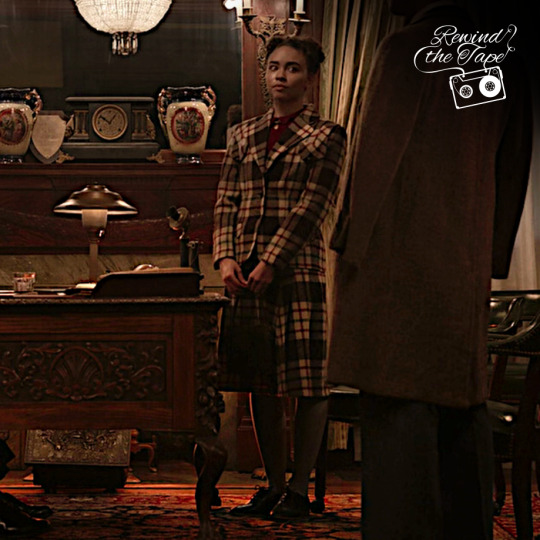
Rewind the tape —Episode 7 highlights
One of our favorite outfits is...
…the suit that Claudia wears to their meeting with Anderson.
This is the first —and so far only— time we see Claudia wear a suit. Combined with her hair, which she started to wear pulled up in episode six, and her grown woman’s purse, this is the closest she gets to shedding the facade of youth while in public —but, of course, Tom’s “little girl” reminds us that she can never fully access womanhood.
But she’s trying, and the suit symbolizes her new position in the family structure, the attempt to make herself into an equal: at the start of episode five she was still the daughter left home while her parents went to meet Anderson, now she not only attends the negotiations, but is an active participant, handing Tom the list that ends up defining his decision.
The palettes of their outfits seem heavily symbolic too: Claudia, in beige, brown and red, stands apart from Louis and Lestat’s blue suits, but Louis keeps “a little shelf” for her, a touch of red in his tie that matches her crimson shirt.
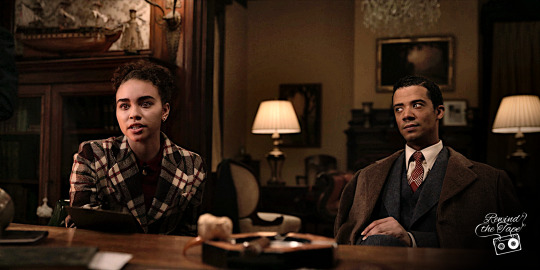
What's a favorite look of yours? Claudia's high-waist pants and cape from the New Year party? One of their Mardi Gras outfits? Armand's unsubtly vampiric coat?
Reblog with your highlights, or make a new post with the tag #vampterview to join the conversation! And, if you're just getting caught up, learn all about our group rewatch here ►
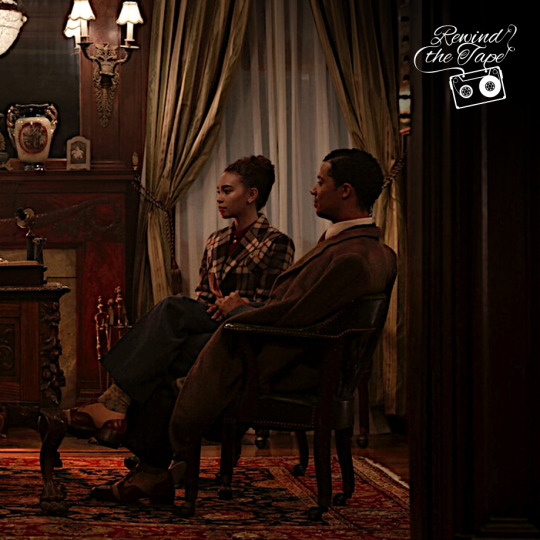
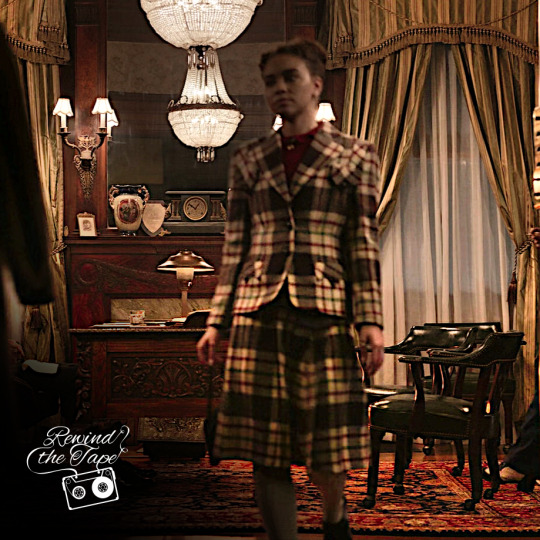

#the vampire claudia#claudia iwtv#spark in the dark#bailey bass#vampterview#interview with the vampire#iwtv#amc interview with the vampire#interview with the vampire amc#amc iwtv#iwtv amc#IWTVfanevents#rewind the tape#the thing lay still
28 notes
·
View notes
Text
Post-Season 1 IWTV Podcast Transcript
Special Guests: Assad Zaman, Rolin Jones and Mark Johnson
"Armand is someone who comes into Louis's life in the second half of IWTV, they meet in Paris and Armand is immediately like most people completely entrhalled by everything about Louis and what he stands for. He's changed from the person he was before he met Louis, which is a person who's a bit lost in the monotony of his life is the way I would describe it. -Assad Zaman
[intro chit chat with Assad]
Assad: Armand is someone who comes into Louis's life in the second half of IWTV, they meet in Paris and Armand is immediately like most people completely entrhalled by everything about Louis and what he stands for. He's changed from the person he was before he met Louis, which is a person who's a bit lost in the monotony of his life is the way I would describe it.
N: Its been 500 years its definitely been monotonous. [514] Ok yes 514. Ok we get it. You need some love in your life. Now did you know from the beginning like when you got the sides, were you told you were going to be playing Armand.
A: I think if I knew I was auditioning for Armand, I wouldn't be here. I think just the prospect the notion would send me over the edge and I would crumble. I got the audition, a couple scenes with Daniel Molloy, a character named Rashid, I know who this guy is he's highly efficient and he's got skills, very clear part to play in. I kind of went in and did those tapes fairly confidently. Then I got a recall and another scene added, with a bit more subtext. Rashid has a bit of a sting to him with his status. Then I got a third recall and Rolin asked to have a meeting with me on Zoom, give some notes... I was thinking why is he wasting his time talking to me about Rashid when he's got Louis and Lestat to worry about so I'm terrified I get onto Zoom with him and okay okay so basically Rashid is in disguise, he's not Rashid he's actually the vampire Armand and he proceeds to tell me all about Armand. I'm think just don't lose your cool. This has to be a secret and we don't want to leak it but we want to see a bit more from you. And I got off the call and I almost started crying.
N: So how much time did you get then? between that first audition to the recall? You have to go from a no nonsense assistant to I am a vampire king?
A: They gave me maybe 8 or 9 hrs between the call with Rolin and the next tape I sent over. And then I did another 4 rounds after that... it was a grueling process.
N: Once you get to set, everyone knows or its still a secret you're witholding?
A: Apart from the main cast, a lot of the crew didn't know.
N: Sit quiet in a corner and don't attention?
A: That' was my initial approach to Rashid before I knew he was Armand. All he wants is to keep his job and not get killed.
N: Now while you're filming the first season, what convos did you have with Rolin about the plan for Armadn in the show?
A: We did discuss wth events in IWTV and where we're gonna see him in season 2, a lot of that is very important. Where Rolin has curiosity is when we look into Armand's past and where he came from, there's some obvious differences to me in what to explore and to see what we want to pick from it. His story.. its complex. He's messed up. He was messed up even before he became a vampire. The events that makes Armand have to be complex enough to see how he turned into what he is. .... I was also very aware as an actor a duty to the story being told in this moment, it's Louis's story and him recounting it to Daniel, their story is very important as well. As much as Armand is sizzling in the background, I have to honor their story as well. We don't want the audience to draw too much attention to it right now cause it deviates from the story and the themes that are important to explore in the season.
N: When Rashid revealed himself, I screamed. It only works cause Rashid has so cleverly.. you almost forgot about him.. "love of his life"? Louis?? Not another old vampire and this one who can stand in the sun.
A: We hope that he hasnt made the same mistakes all over again.
N: Why is he pretending to be Rashid this whole time?
A: I think it's incredibly painful for the love of his life describing another love of his life. There is also curiosity with Daniel about why he's allowing this interview to happen.
N: And Rashid was there in that first interview so that whole thing makes sense.
A: We actually don't know what transpired in SF, cause he was not there in the book. How far did Louis get and what Armand had to do to stop him? That could also be why this interview is happening.
N: A little taste of what's to come in s2?
A: Theatrics, vespas and romance is in the air. We're in Paris. It's a gorgeous part of the Paris and the journey they take to get to Paris and the showdown that has to happen in Paris.
Highlights of Rolin Jones/Mark Johnson
N: How are you feeling about Season 2? Is there pressure? Is there a feeling that OK we did one and now we can really dig in?
R: Actually I'm just sort of being excited about Season 2 and not being scared out of my mind with it. The second half of iwtv, there's some lovely passages but there's a lot of people sitting around talking.
M: It's a whole new continent, but it's characters Rolin has already created. Im feeling quite confident and excited and abuzz about what we're going to do next season.
N: I'm very curious what attracted you to vampires and the world of AR.
M: I was not familiar with AR to begin with, my excitement has to do with what Rolin did with it for the pilot and thought this is extraordinary and I read AR and realized all of the treasures, of what Rolin took advantage of and what needed redressing.
N: Rolin, can you explain to me the process, you know, how did you pitch yourself as the showrunner of this?
R: I had an overall meeting with them about a list of things I wanted to do and as I was leaving they said we forgot to mention our boss bought the Anne Rice books, I stopped and I put everything and I said we're gonna take another 45 min for the meeting. By the time I left, I knew that's what I was going to do. They put me thru the gauntlet to prove if I was a guy. It wasn't just about whats a good poilot or first season it's what does this look like 8 seasons from now.... I was really excited cause I wanted to do something grand and big. I had some of my theater pals create a visual world.
N: Let's talk about Louis being black. I feel as though we are in this age of adaptation or reboots if there will be a gender or race swap and that's the extent of it. It felt as though you making this change meant you got more story, you were able to mine that fact for more story points and a new dynamic. These two men are famously white... and I'm wondering about the choice to do that and what it was to execute that.
R: I came around to his ethnicity a sort of interesting way which is through Lestat. There's a famous rewrite of Lestat in book 2, he's sort of an aggressively different character than what he was in book 1 and that's the Lestat she carried on for the rest of time. So that's our Lestat. So we tried to take the given circumstances and put him back in this time period, so he had a super emo relationship wtih this guy with Nicki, then he had uhhh a very excitable relationship with his mother as his second companion choice (we'll get into that in season 3 y'all), and then I was like lets give him a legitimate a third attempt at figuring how to be with somebody for the rest of his life and how to not repeat your mistakes. And I started from there so it had to be someone with some money cause he had to be with his own folks and I thought he wanted someone who could fight back and who could be a challenge and would force him to restrain himself. And nobody at AMC was interested in 7 seasons of the regretful plantation owner, so we made Louis come from a lineage that did have a plantation and did own slaves. And the second thing was aesthetic if you take away the ruffle shirts and all the swampy goodness and you wanted to make this new, whats the new hot time and birth of jazz seemed right on. And there was a spot when a black man could get in on some business and have some morally gray thing that owning a plantation would. It all clicked into place pretty quickly. ... and the other thing is you're trying to build as much inherent conflict, enough not to burn thru in a season you want 7-8 years of conflict and distress and vulnerability in both of them. I wanted to load Louis with as many contradictions and things unsettled as possible.
N: How did you decide when to deviate from Anne's books? Were there rules in what you could invent ?
R: There were a couple caveats make it here and now, make it grand and big but we said she wrote a very transgerssive book in 1973 and tried to put her in the room in 2021 making a TV show... there's no point in making it if you're going to make a roughshot of it. You're constantly revisiting the book. That's when you're in draft, in after produciton draft, dropping in as much Anne as we could. We were going to write the heightened language thats in the novel.
N: Can you tell me about how you found Jacob and Sam?
R: Obviously 9 billion people auditioned. It was very clear something very dynamic was happening when they got in the Zoom. For Jacob, there's this genuine warmth, kindness, for a character who's going to make a number of questionable choices, how do you make you want to love him? .
...
N: Did you always know the season was going to end with the reveal of Armand and the "murder" of Lestat?
R: Very early on, we were talking about making this thing in the writers room and pre-production. A lot had to do with lumber and covid. We were wrting scripts for the entire book and we got a lovely call from AMC "is there enough in this story to stay in new orleans this whole season?" So what we ended up doing, we made the first 4 into the first 7. We did that 50 days before we shot our first day.. it was a lot. And it was to the benefit of the show, we made a better product. We were not going to be able to do Europe in the same beautiful detailed way we were doing New Orleans. What was originally 8 episodes is now a 15 episode book. Was that the ending of my season 1? Not originally but it became the ending.
M: Now it's hard to imagine how we were going to pack all that into one season.
N: There's such a movement to that finale.
R: For me, that kind of episode. It's one for the people, the one for everyone else. you're doing twists and turns like a thriller. My favorite scene is the one that stops the action, the balcony scene...
N: Thinking this is all from Louis's memory.
R: Memory is a huge part of the show. We are only 7 episodes into a 15 episode story.
Audience Q: How sympathetic do you think Lestat is? Obviously this man has some major flaws like the whole next book is a whole lot of backpeddaling like he's not so bad he's not so bad. How sympathetic do you think he really is?
R: The more you spend time with it. I find Lestat wildly sympathetic. and the way it's built... You're not gonna see Lestat speaking for himself until season 3. Its a big deal right? You go ahead and have someone else tell the world about you from their POV. Who had the most traumatic entrance into the world of vampires? It's Lestat. You have no idea the baggage going into North America. We are playing with POV. Stick with Lestat, he's got a lot of pain.
Q: Why is Louis truly doing the interview? He says I wanna redo, but yet he's doing the same thing, he's dodging, cagey. Why did you bring this man to Dubai to do this?
R: It is absolutely THE question. IF you wanna know what we're still digging out, it's the why of it. There's a reason why this is the second interview. The first interview is very important. Something signifcant life altering happened in 1973 but they weren't the right people to do back then. There's a lot if meat on Louis's side, Daniel's side and most important Armand's side.. who's become the most fascinating character of season 2. There's a lot in Dubai left to be revealed.
Q: Do we think we've seen the end of Lestat and Louis's sexcapades?
R: So it's AMC, we are trying to sliding as much under the door as we possibly can. We are interested in the whole thing - the sex sure, the love story, the psychological torment, we are trying to write a love story that doesn't disappear after book 1. There's Armand coming..
N: Can we talk about what's to come? You're hinting this show can go on for many seasons, how long?
R: The real reason I wanted to do this show.. season 3. The Vampire Lestat. I really know how I wanna do The Vampire Lestat and I couldn't be more excited about it... and as goofy as body switching is, I think there's something in the tale of the body thief. QOTD... you gotta think on that one, how to do such a massive object, if you do it in one or two seasons.
20 notes
·
View notes
Text
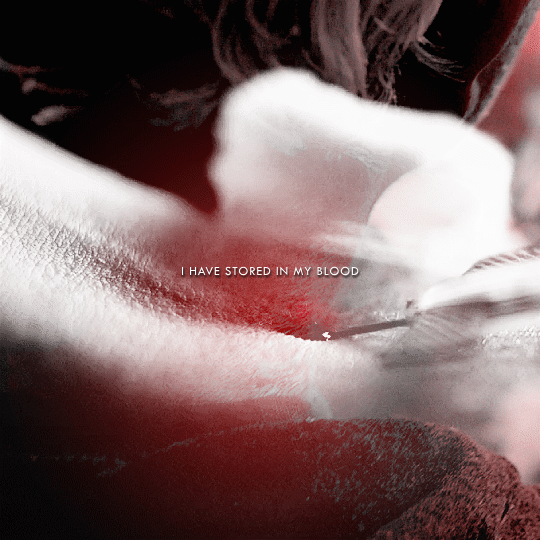
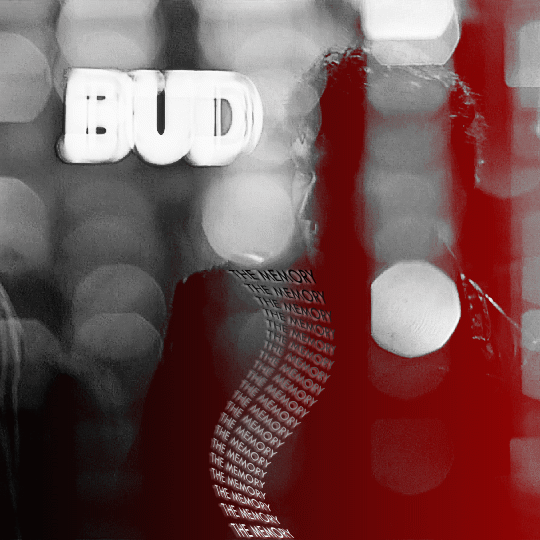

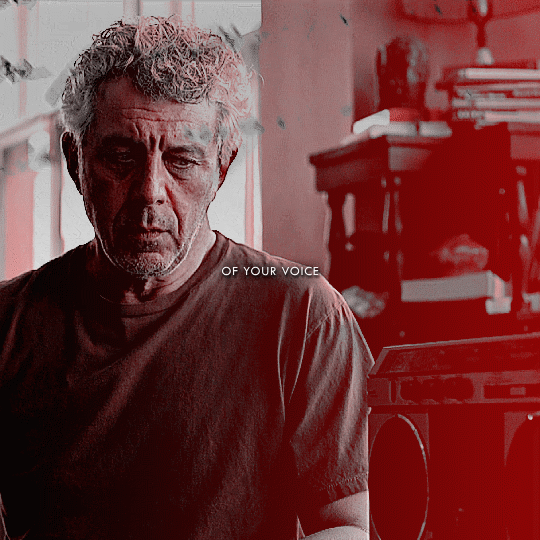
“i have stored in my
blood the
memory of your voice”
— Sonia Sanchez
#iwtvedit#iwtv#interview with the vampire#danlou#daniel molloy#louis de pointe du lac#needles /#blood /#flashing gif /#beegifs#vampterview
90 notes
·
View notes
Text
armand according to louis: sexy professor with a knife and handcuffs on his belt
armand according to claudia: mob boss sending you bullets in the mail
armand according to daniel: if the predator from predator was a manic pixie dream girl
armand according to lestat: screaming baby clinging to your leg but his eyes are completely black
#i considered including marius but everything i got was too horrifying and a major bummer#still workshopping how he views himself but the word orphan is definitely in there somewhere#really it depends so much#iwtv#tvc#armand#vampterview#s
149 notes
·
View notes
Text
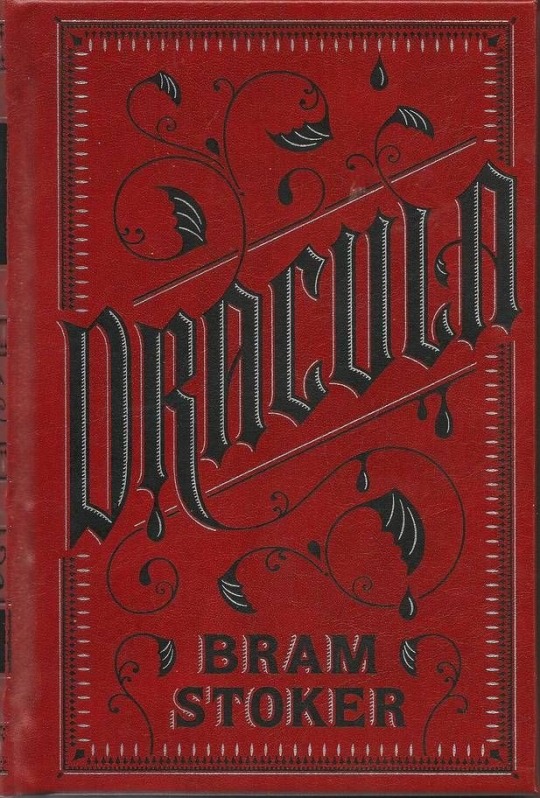
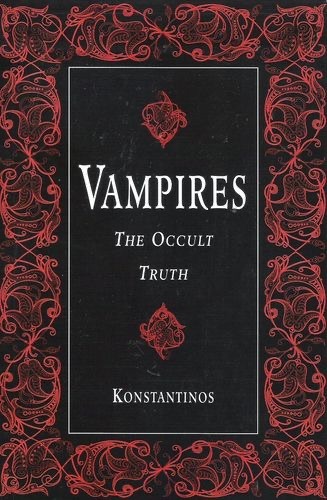
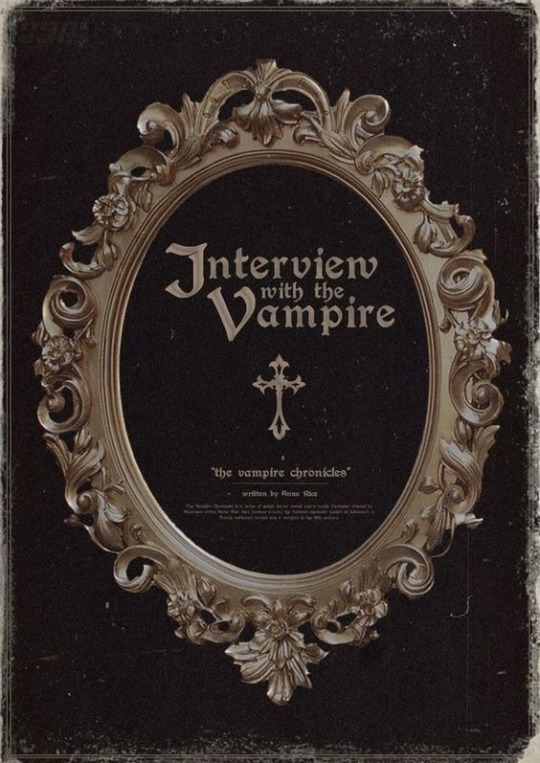
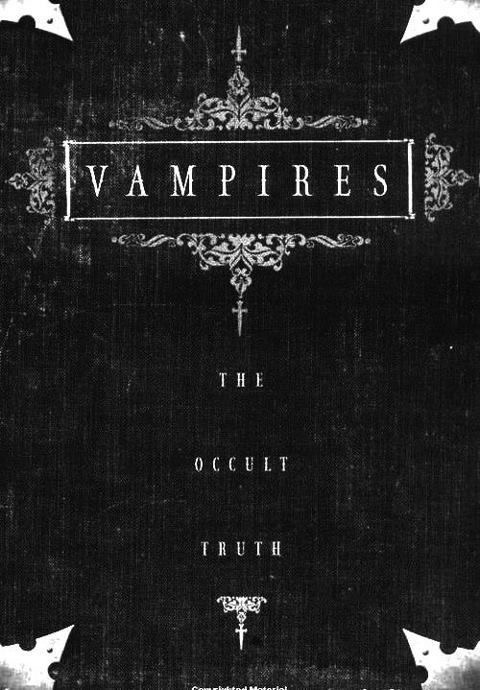
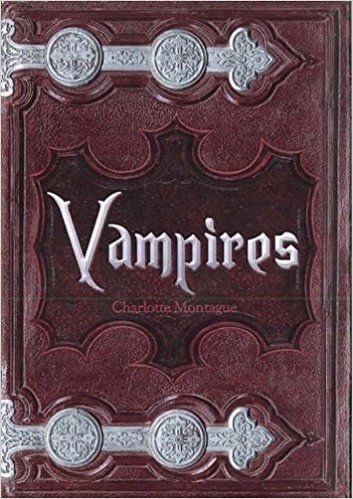
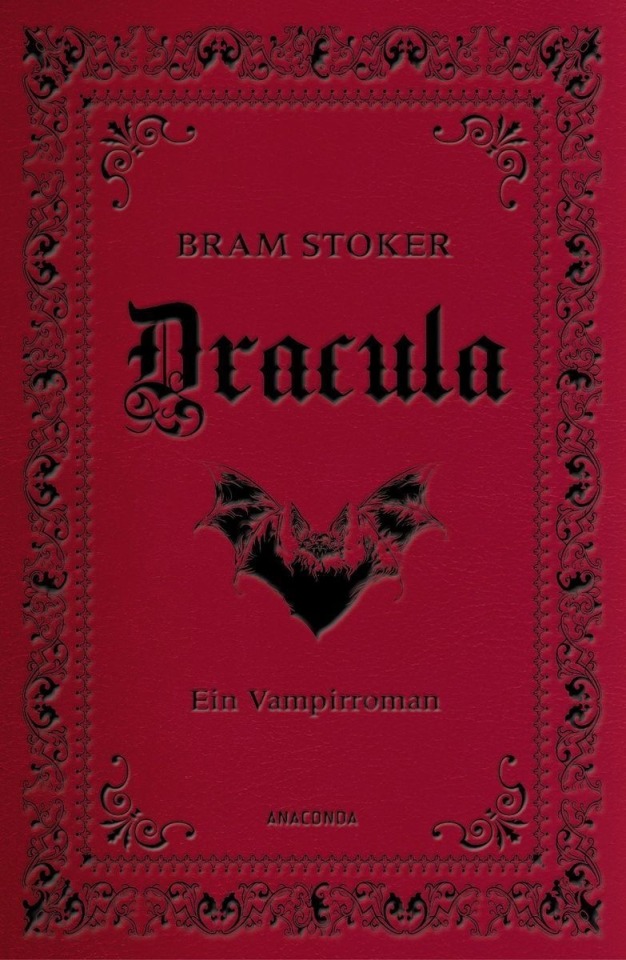
#vampire the masquerade#vampire chronicles#vampirism#vampyr#vampire#vampcore#vampterview#gothic#goth#alternative#goth aesthetic#grunge#goth makeup#goth girl#gothgoth#romantic goth#grungy girls#fangs#victorian gothic#vampiric#vampire goth#vampire aesthetic#vampire oc#vampire au#dark fantasy#vampire art#vampirecore#dracula daily#dracula a love story#dracula 1931
3K notes
·
View notes
Text
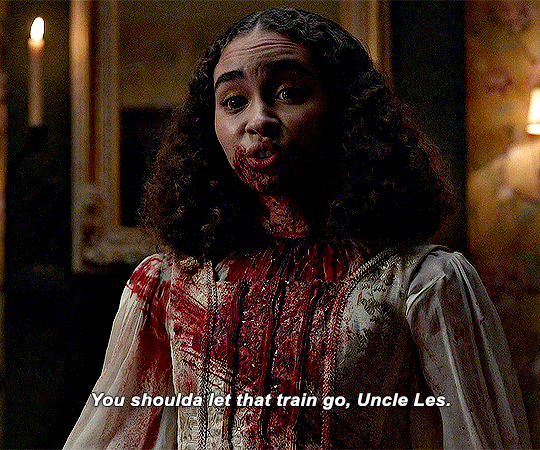

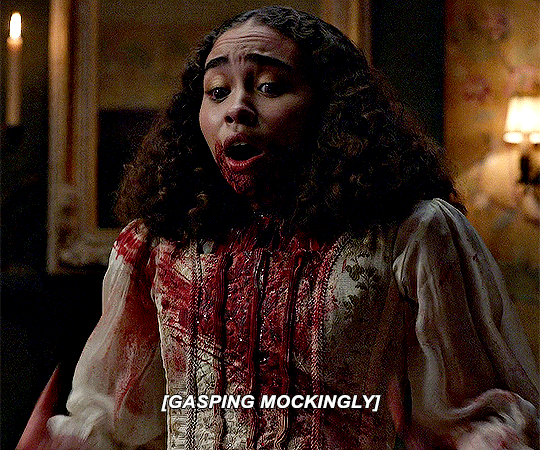
THE THING LAY STILL INTERVIEW WITH THE VAMPIRE (2022—)
#claudia de pointe du lac#lestat de lioncourt#claudia#sam reid#bailey bass#interview with the vampire#vampterview#iwtvedit#my creations*#dailyflicks#cinemapix#tvedit#amc interview with the vampire
3K notes
·
View notes
Photo

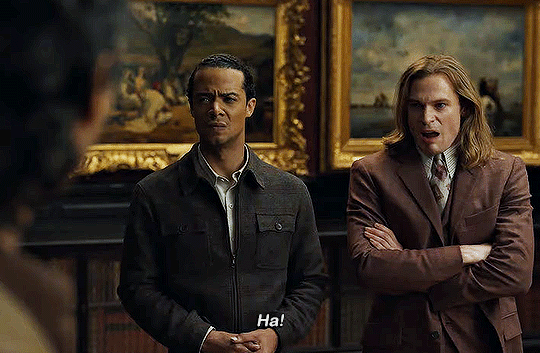
#Interview with the Vampire#claudia de pointe du lac#Lestat De Lioncourt#iwtv#iwtvedit#tvedit#Vampterview#*gif#had to take this out of my system. been bothering me since i saw that trailer. idk if it was made before#loui u let ur man to yell at ur man (who's also his man)? rip his head off#lestat got that ghost movement effect. interesting. like some stop motion
2K notes
·
View notes
Text



INTERVIEW WITH THE VAMPIRE 1.01 "In Throes Of Increasing Wonder..."
#iwtv#interview with the vampire#iwtvedit#tvedit#louis de pointe du lac#grace de pointe du lac#vampterview#i'm very late but had only now time to start rewatching#*
1K notes
·
View notes
Text
Rewind the tape —Episode 7 highlights
One of our favorite scenes is...
…the Armand reveal.
The show has been guiding our attention towards Rashid since the beginning, but this long-foreshadowed twist doesn't lose its emotional payoff, managing to both confirm our suspicions and subvert our expectations —and add a hysterically funny note to an otherwise harrowing scene.
Even for those who know nothing about Armand, learning the true identity of this ever-present figure completely reframes both the interview and Louis himself, who we now see is once again in a "small box" with a man who loves him.
What's a favorite scene of yours? Claudia roping Lestat into her con? The proposal to Tom?
Reblog with your highlights, or make a new post with the tag #vampterview to join the conversation! And, if you're just getting caught up, learn all about our group rewatch here ►
#the vampire armand#armand iwtv#louis de pointe du lac#ldpdl#the titular vampire#daniel molloy#vampterview#interview with the vampire#iwtv#amc interview with the vampire#interview with the vampire amc#amc iwtv#iwtv amc#IWTVfanevents#rewind the tape#the thing lay still
18 notes
·
View notes